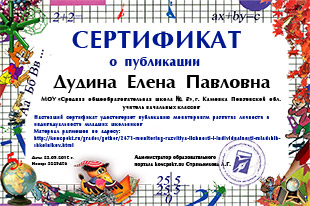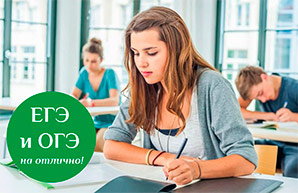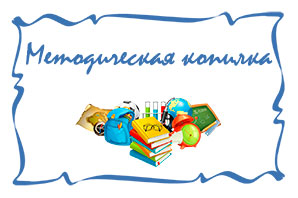Конспект урока английского языка в 3 классе "Past Simple. Food"
Цели и задачи урока:
- закрепление грамматики: Past Indefinite правильных глаголов;
- употребление Past Indefinite в вопросительном и отрицательном предложениях;
- введение и первичное закрепление лексики по теме "Food".
Ход урока
Организационный момент
Good morning, children! I'm glad to see you. (Good morning, teacher. We are glad to see you too)
Сообщение темы и целей урока
Today we shall recite a poem about friends, as a drill we shall do exercises on Past Indefinite. And we shall learn new words.
Речевая разминка
- Answer my questions first.
Have you got many friends? (Yes, I have got many friends)
Is it good to have friends? (Yes, it's good to have friends)
What proverb about good friends do you know? Say all together. (A friend in need is a friend indeed)
Проверка домашнего задания
- Let's remember the text "My friend". Answer the questions.
What do they like to do? (They like to play)
Does his friend help him? (Yes, he does) no rest Why does he help him? (He helps him because he is a good friend indeed)
Обучение грамматике
- Продолжим знакомство с царством "Past Simple". Сейчас мы узнаем, как Царь "Yesterday" задает вопросы и дает отрицательные ответы.
- Но сначала повторим? что мы уже знfем.
На доске записаны три колонки:
|
[t] |
[d] |
[id] |
|
|
|
|
Учащимся раздаются карточки с глаголами. Они должны прикрепить их в нужную колонку в зависимости от того, как произносится окончание -еd.
Примеры глаголов: skate, play, jump, live, watch, want, ski, wash, help, clean, skip, love, dress, thank.
Now read the words correctly. Can you write the verbs with the ending -ed correctly? What is the rule? You may speak Russian. Now write the verbs.
Школьники подписывают окончание -ed к словам на доске, производя соответствующие изменения в правописании.
- У царя есть очень важный слуга - вспомогательный глагол did. (Табличка с глаголом "did" помещается на доску)
- Он ему всегда помогает задавать вопросы и давать отрицательные ответы.
- Когда царь задает вопрос, появляется слуга "did", встает перед подлежащим и отнимает у глагола окончание -ed. (Все это учитель показывает на доске)
Did you play football yesterday?
Did you watch TV yesterday?
Учащиеся повторяют за учителем, соблюдая интонацию.
- Когла царь хочет дать отрицательный ответ, снова появляется "did" co своей женой опять отбирая у него окончание -ed.
I did not play football yesterday.
I did not watch TV yesterday.
- Часто слуга "did" ходит со своей женой "not" под руку: didn't. Ученики повторяют. Далее разбирается таблица урока Ex. 1, p. 41 (p. 92)
As a drill let's do ex. 1, 2. Ask questions using the table from ex. 1.
Ex. 2, p. 41 (p. 93)
Перед выполнением этого упражнения следует попросить учащихся обратиться к словарю для перевода задания. Можно выполнить упражнение сначала в парах.
Now let's do exercises.
Физкультминутка
Введение новой лексики
- Now we are going to study a new topic. It is Food. Food is something we eat every day. (показывает жестом)
- Do you understand? So, we shall speak about food we have for breakfast, lunch, dinner and supper, about food and drinks your parents and friends like.
- We shall listen to some new words.
Перед прослушиванием новых слов учитель вводит лексику беспереводным способом, например, с помощью рисунков.
This is an apple. We eat apples for breakfast. (Учитель показывает карточку с рисунком)
These are sweets. Children like sweets. (показывает рисунок)
Ex. 4, p. 42 (p. 93)
Let's do ex. 4. Look at the pictures and say how many tasty things there are and where they are. For example:
There is one sweet under the table.
There are five apples near the box.
Ex. 5, 6, p. 42 (p. 94).
Try to read the new words: ex. 5. (Один ученик читает, остальные повторяют за ним. Далее 2-3 ученика читают по очереди)
Read these words in the sentences. First read them to yourself.
Now do it for me. Write down the new words in your vocabularies. (Новые слова записываются в словарики)
Домашнее задание
- At home repeat to the new words again:
- Ex. 9, p. 43 (p. 95) - good reading;
- Ex. 12, p. 44 (p. 95) - in writing.
- Ex. 1, p. 41 (p. 92) - will help you.



